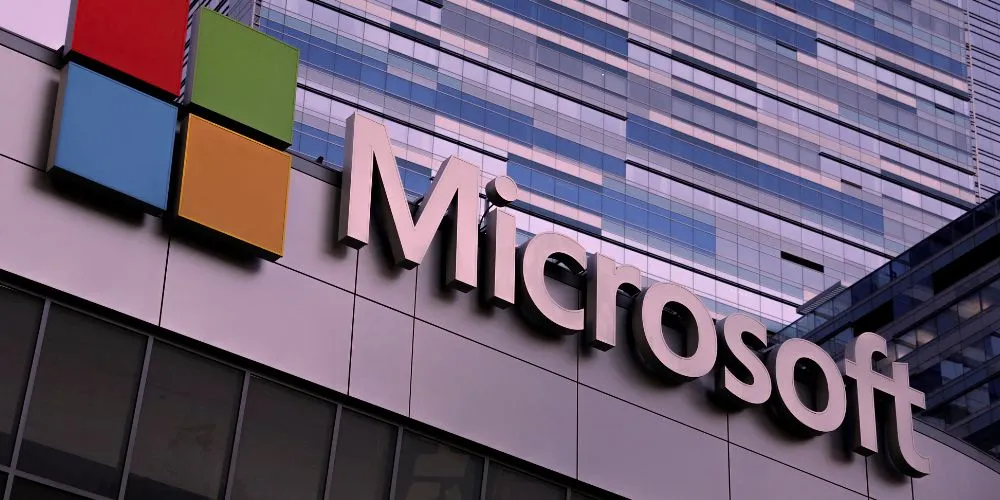Key Points
- The FTC is probing Microsoft’s software licensing practices, cloud business, AI, and cybersecurity offerings.
- Microsoft is accused of imposing restrictive licensing terms that hinder data migration from Azure to competitors.
- Amazon, Google, and NetChoice have criticized Microsoft’s cloud practices, citing unfair competitive advantages.
- The FTC examines Microsoft’s market behavior, including its recent AI-related acquisitions.
The U.S. Federal Trade Commission (FTC) has initiated a comprehensive antitrust investigation into Microsoft, focusing on its software licensing practices, cloud computing business, and involvement in cybersecurity and artificial intelligence (AI) products. According to sources familiar with the matter, the probe, authorized by FTC Chair Lina Khan, comes amidst potential shifts in antitrust enforcement as the U.S. transitions to a new administration.
At the center of the inquiry are allegations that Microsoft has leveraged its dominant position in productivity software to impose restrictive licensing terms. These terms allegedly discourage customers from migrating their data from Microsoft’s Azure cloud platform to competing services. Competitors, including Amazon and Google, have criticized these practices, claiming they effectively lock customers into Azure.
NetChoice, a lobbying group representing several tech giants, has voiced concerns over Microsoft’s policies, citing the company’s dominance in software markets as having far-reaching implications. Additionally, Google filed a complaint with the European Commission in September, alleging that Microsoft imposed a significant cost markup—up to 400%—for running Windows Server on rival cloud platforms and provided delayed security updates for non-Azure users.
The FTC investigation extends to Microsoft’s integration of AI tools into its Office suite and Outlook, as well as its broader cybersecurity practices. Microsoft is also under FTC review for its $650 million acquisition of AI startup Inflection AI.
Microsoft has so far declined to comment on the investigation. The company, seen as an exception to the broader regulatory scrutiny faced by other tech giants, now joins Meta, Apple, Amazon, and Google, grappling with antitrust lawsuits or investigations.
The outcome of the FTC’s inquiry remains uncertain, particularly as the new administration may shift enforcement priorities. Historically, the Trump administration has been proactive in launching Big Tech probes and filing lawsuits against Google and Facebook. However, some experts note that ongoing investigations are rarely abandoned with leadership changes, though the focus of enforcement may evolve.




